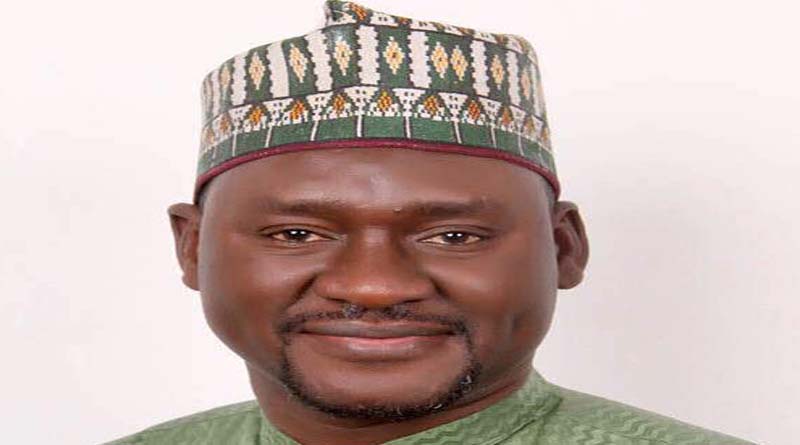CISLAC bemoans Nigerian government’s slow response to famers-herders conflict
The Civil Society Legislative Advocacy Centre (CISLAC) has condemned in totality the ongoing herders-farmers conflicts in parts of Nigeria and bemoans the “seeming slow and inefficient” response of the Nigerian government to the crisis calling on the need for the government to become “more alert, sensitive and holistic” in addressing not just the current threats and violence in Benue state, but across the entire country.

This message was contained in a statement signed by CISLAC’s Executive Director Auwal Musa Rafsanjani and made available to newsmen in Abuja on Friday.
The statement called on the Nigerian government to “as matters of urgency decisively bring to justice all criminal elements fingered to be culpable either directly or remotely in these crimes which are at the least terrifying and mindboggling.”
CISLAC admonished the government to be seen to be “neutral, unbiased and impartial” in dealing with the crisis and ensure that “provocative and inciting” statements which end up stirring violence and reprisals were nipped at their very roots, by making responsible individuals and groups to duly account for their comments and actions.
“Further recalling that the onus of securing lives and properties remains the primary responsibility of government and the current federating system being operated by the country ensures that the state security apparatus are at the order of the Commander-In-Chief, the Agencies must be proactively engaged in forestalling a breakdown in law and order across the country and also justifiably apprehend all fermenters of trouble and violent conflict,” the statement said
The statement adds: “Understanding that peaceful co-existence can only be achieved through dialogue and consultations, a broad stakeholder engagement taking into account the peculiarities of all actors in the conflict must as matter of urgency be facilitated for proffering agreeable positions and venting out grievances which is a key requirement towards reconciliation and development.”












